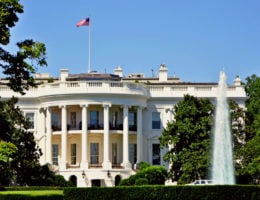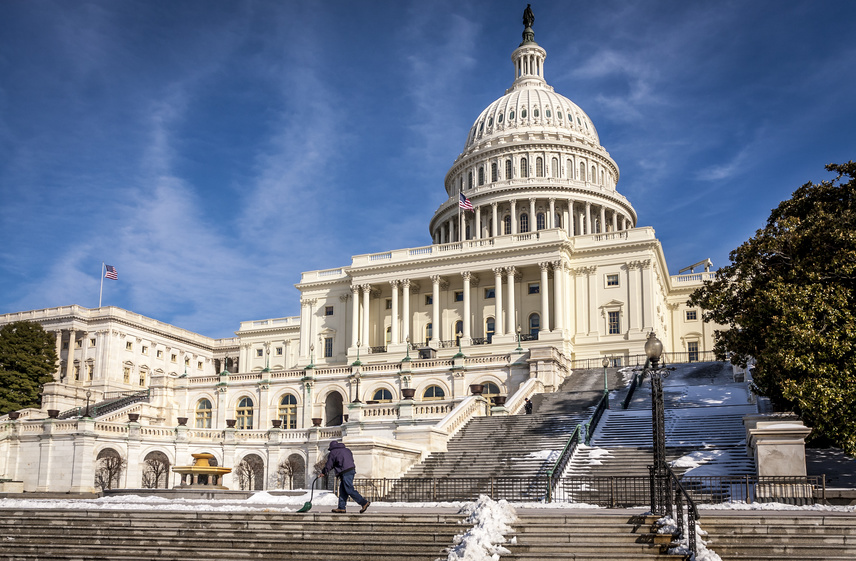Development and integration of critical infrastructure for electric vertical take-off and landing (“eVTOL”) aircraft remains critical for the wide-scale adoption and the future of Advanced Air Mobility. With the path towards certification rapidly gaining momentum, the first commercial eVTOL operations are likely to begin as early as 2025.
5G is helping to drive important business opportunities with its high-speed connections, ultra-low latency, and ability to transmit huge volumes of data and enable simultaneous connections with multiple devices. As businesses seek to leverage 5G technology, find out sazwwhat blind spots exist and how connected solutions can help.
On 16 May 2022, the Biden administration announced the relaxing of certain limited Cuban sanctions and other regulatory changes to expand communication, travel, and commerce between the United States and Cuba. Following this, on 9 June 2022, the Department of the Treasury’s Office of Foreign Assets Control amended the Cuban Assets Control Regulations to implement some of the elements of the President’s foreign policy to increase support for the Cuban people.
Baker McKenzie’s Sanctions Blog published the alert titled United States: BIS Issues Temporary Denial Order Against Additional Russian Airline and Adds Aircraft to List of Aircraft Subject to General Prohibition 10 on 2 June 2022. Read the article via the link here. Please also visit our Sanctions Blog for the most recent updates.
Baker McKenzie’s Sanctions Blog published the alert titled US Department of Commerce Publishes a List of Aircraft Subject to General Prohibition 24 on 24 March 2022. Read the article via the link here. Please also visit our Sanctions Blog for the most recent updates.
Baker McKenzie’s Sanctions Blog published the alert titled US Clarifies Applicability of Russian Flight Restrictions on 14 March 2022. Read the article via the link here. Please also visit our Sanctions Blog for the most recent updates.
Baker McKenzie’s Sanctions Blog published the alert titled “US Government blocks Russian aircraft from using US airspace” on 2 March 2022. Read the article via the link here. Please also visit our Sanctions Blog for the most recent updates.
On May 28, 2021, the Biden Administration issued a press release confirming the re-imposition of sanctions on certain Belarusian state-owned enterprises (SOEs) (presaged by the issuance of wind down Belarus General License 2H on April 19, 2021) and suspending the application of the 2019 US-Belarus Air Services Agreement (“2019 USB Agreement”) in response to the Belarusian government’s apparent forced diversion of a commercial flight to Minsk on May 23.
After rulemaking processes that collectively lasted nearly two years and garnered nearly 54,000 cumulative comments, on January 15, 2021, the FAA concurrently published its long-awaited rules on the Remote Identification (“Remote ID”) of Unmanned Aircraft (“Remote ID Rule”) and Operations Over People (“OOP Rule”). These rules are essential to the advancement of innovative commercial unmanned aircraft systems (“UAS”) applications and the acceleration of routine expanded UAS operations. The Remote ID Rule establishes a framework for the development of an unmanned traffic management (“UTM”) system that will enable the full integration of UAS into the National Airspace System (“NAS”). The OOP Rule, which also addresses UAS flights at night, is the first expansion of the FAA’s small UAS (“sUAS”) regulations in 14 C.F.R. Part 107 (“Part 107”) since they went into effect on August 29, 2016. Our previous summary of the Remote ID Notice of Proposed Rulemaking (“NPRM”) is available here, and our summary of the OOP NPRM is available here.
On January 12, 2021, the Department of Commerce issued a final rule (the “Final Rule”) amending the Export Administration Regulations (EAR) to implement recent licensing review policy changes for exports of US-origin unmanned aerial systems (UAS), also known as “drones.” Our prior blog posts on UAS export policy developments are available here and here. The Final Rule…









